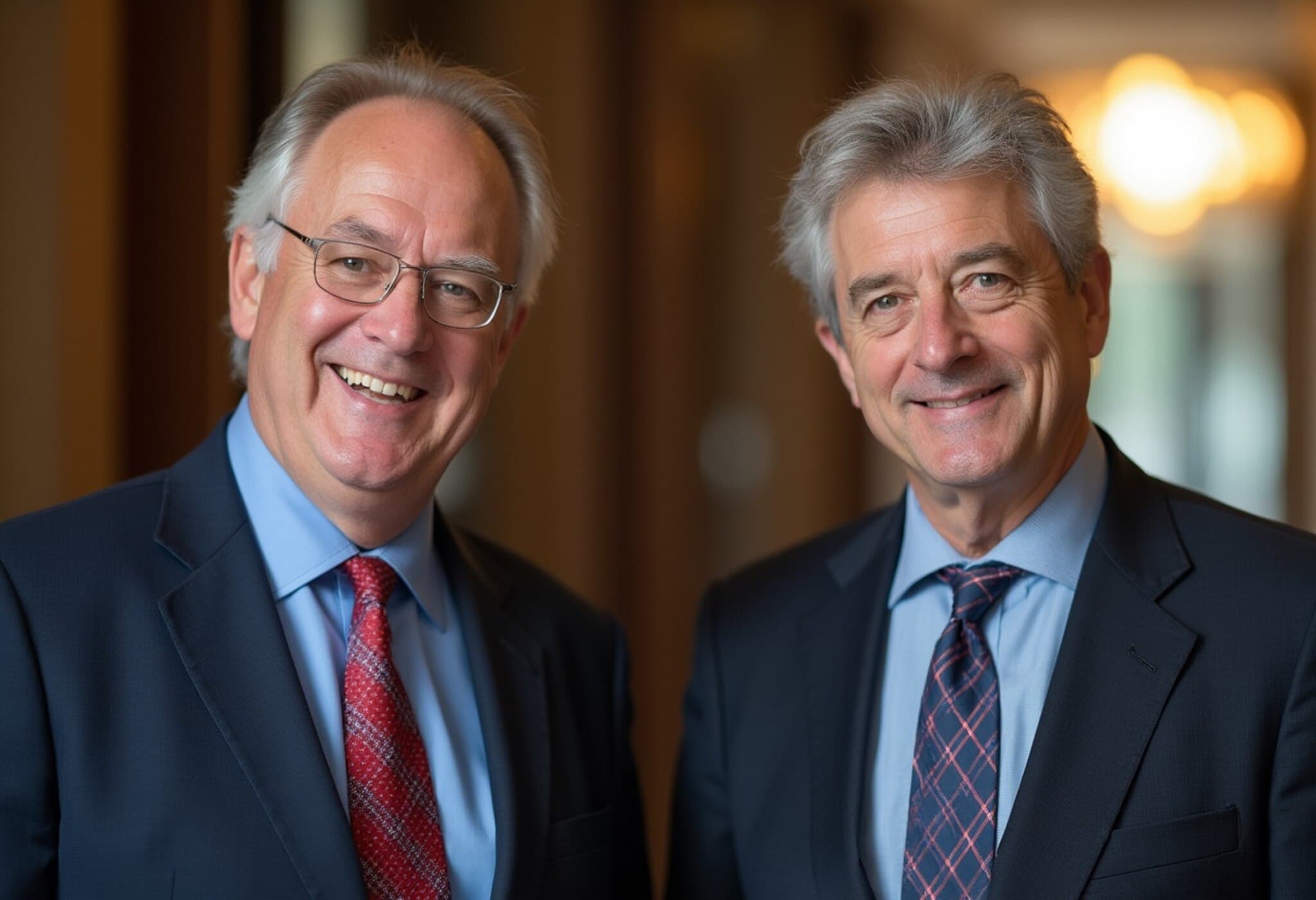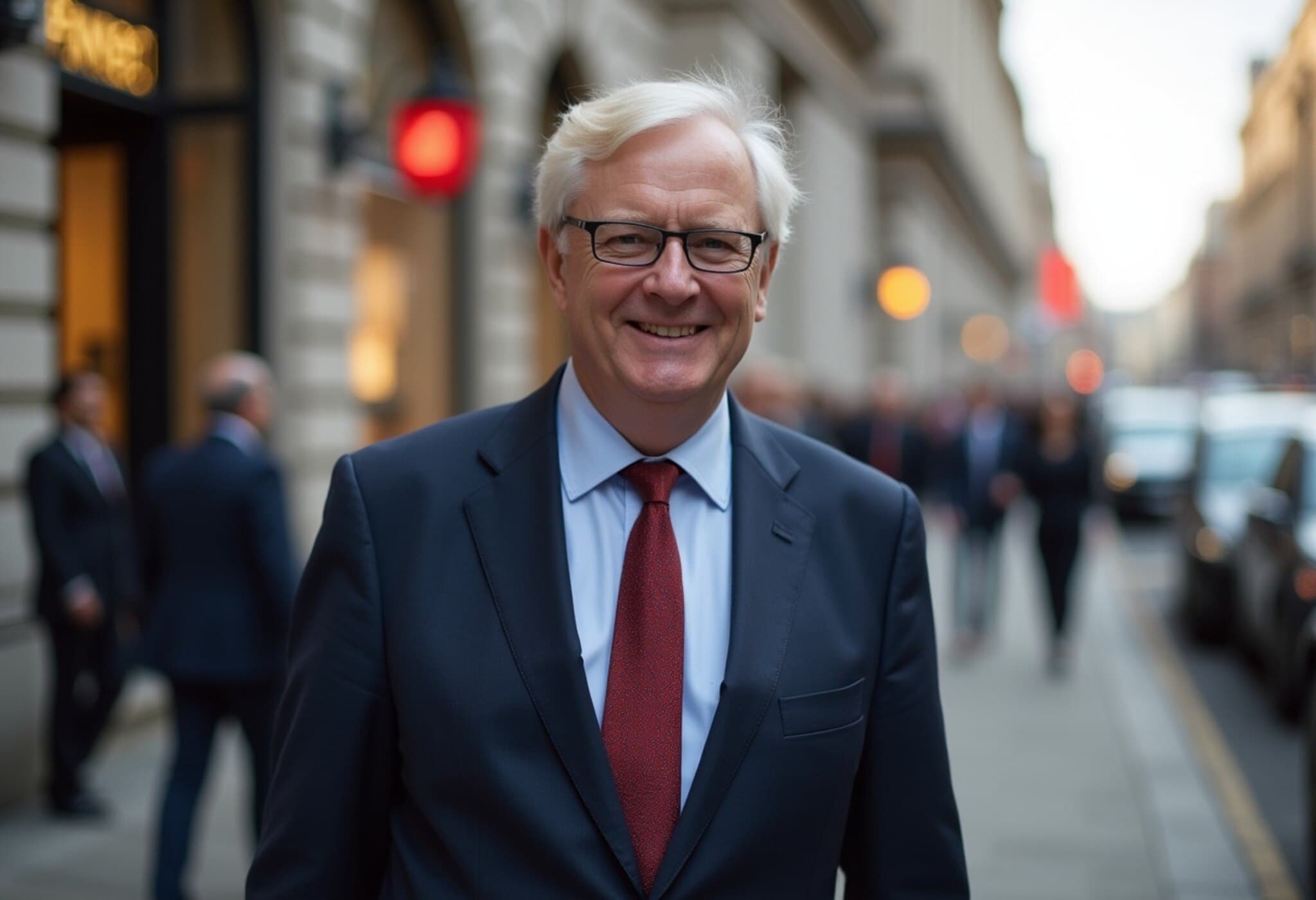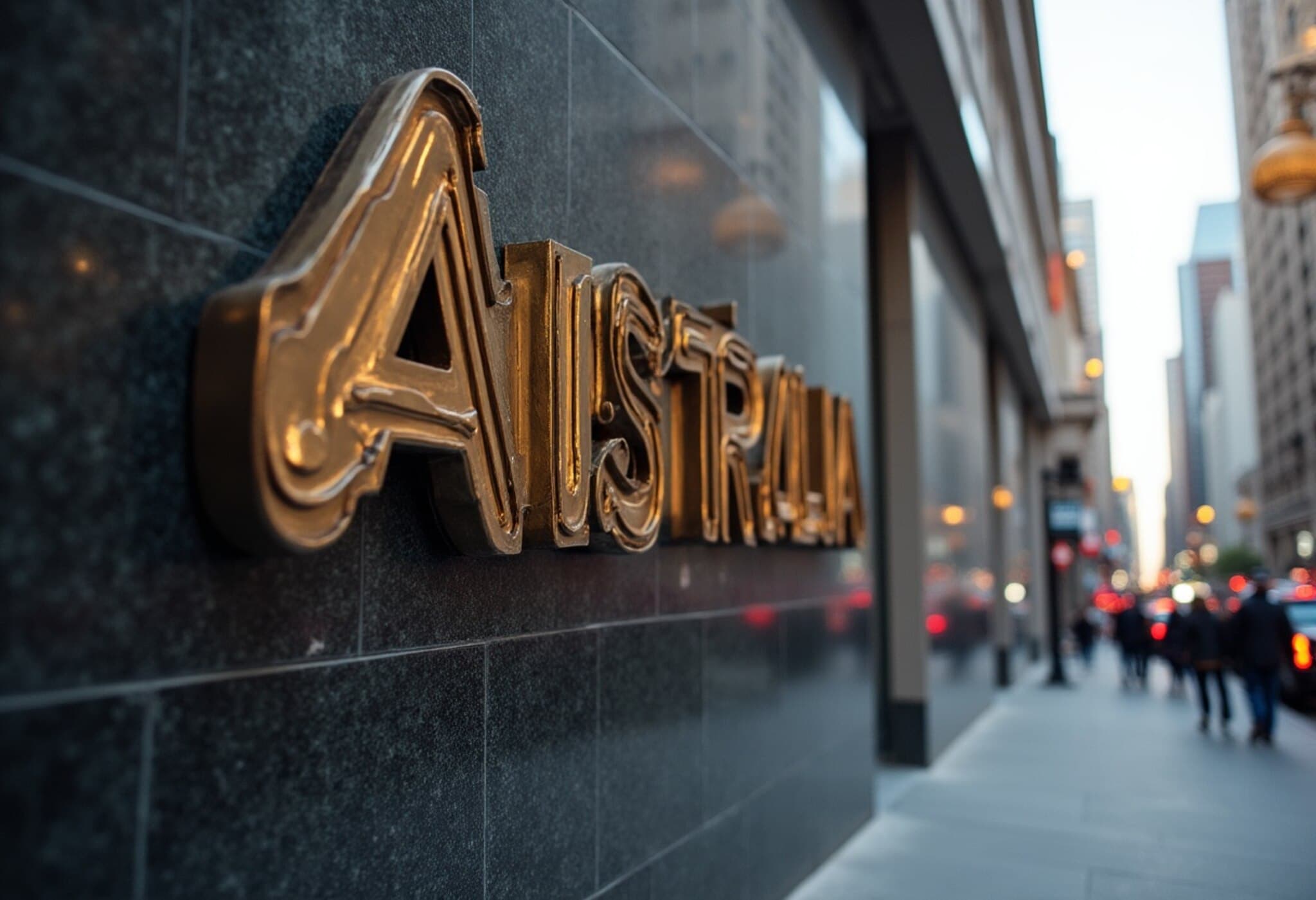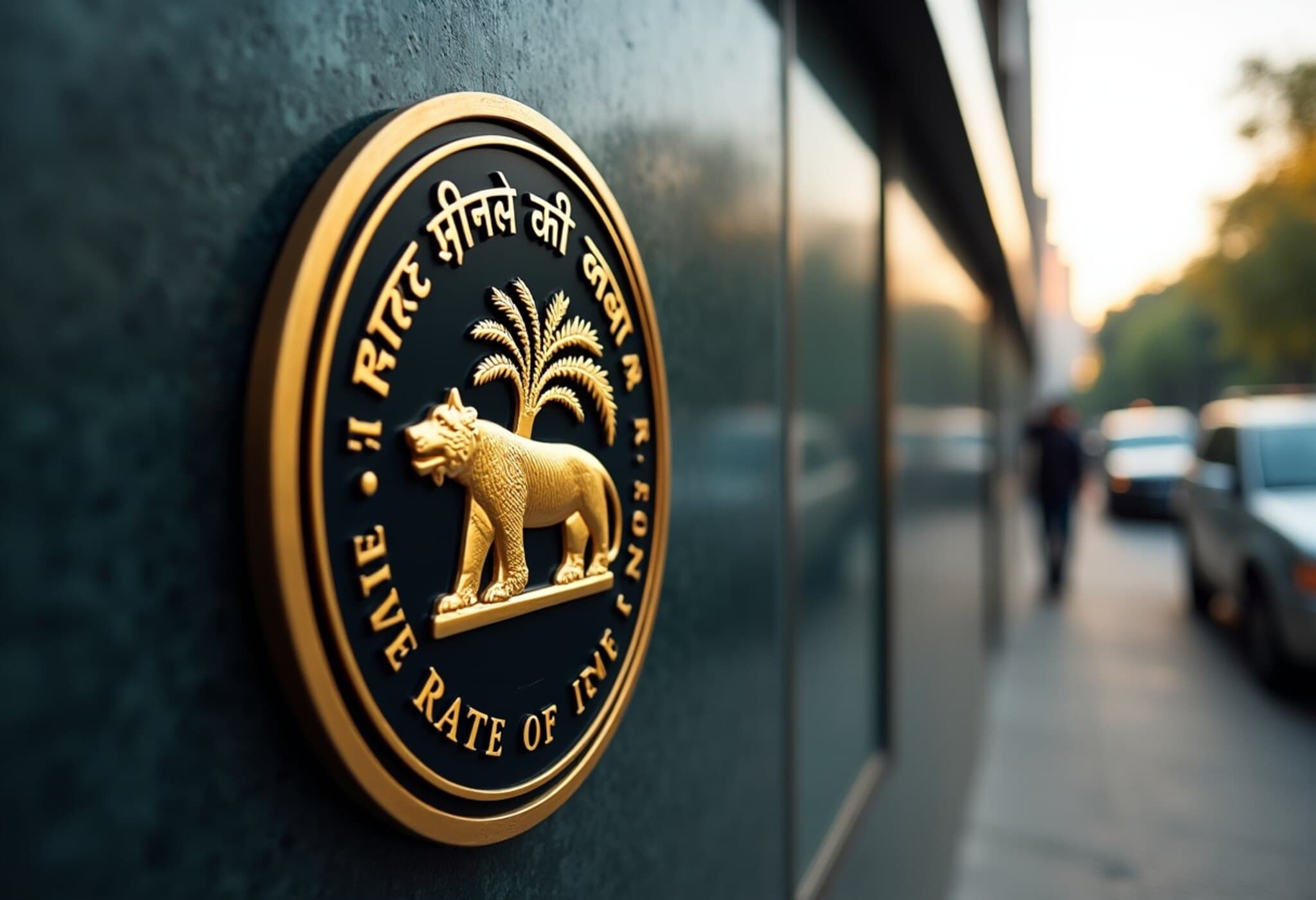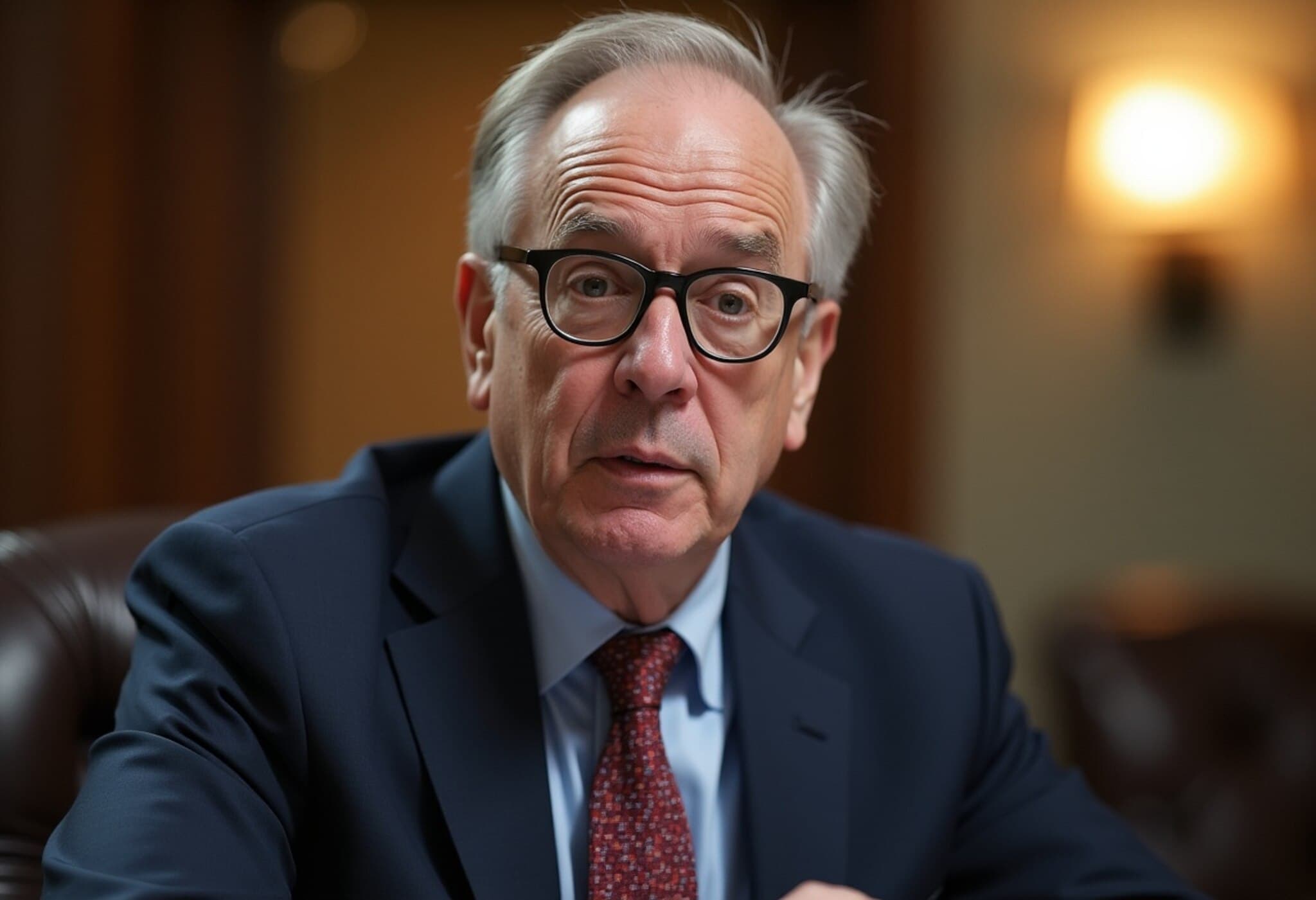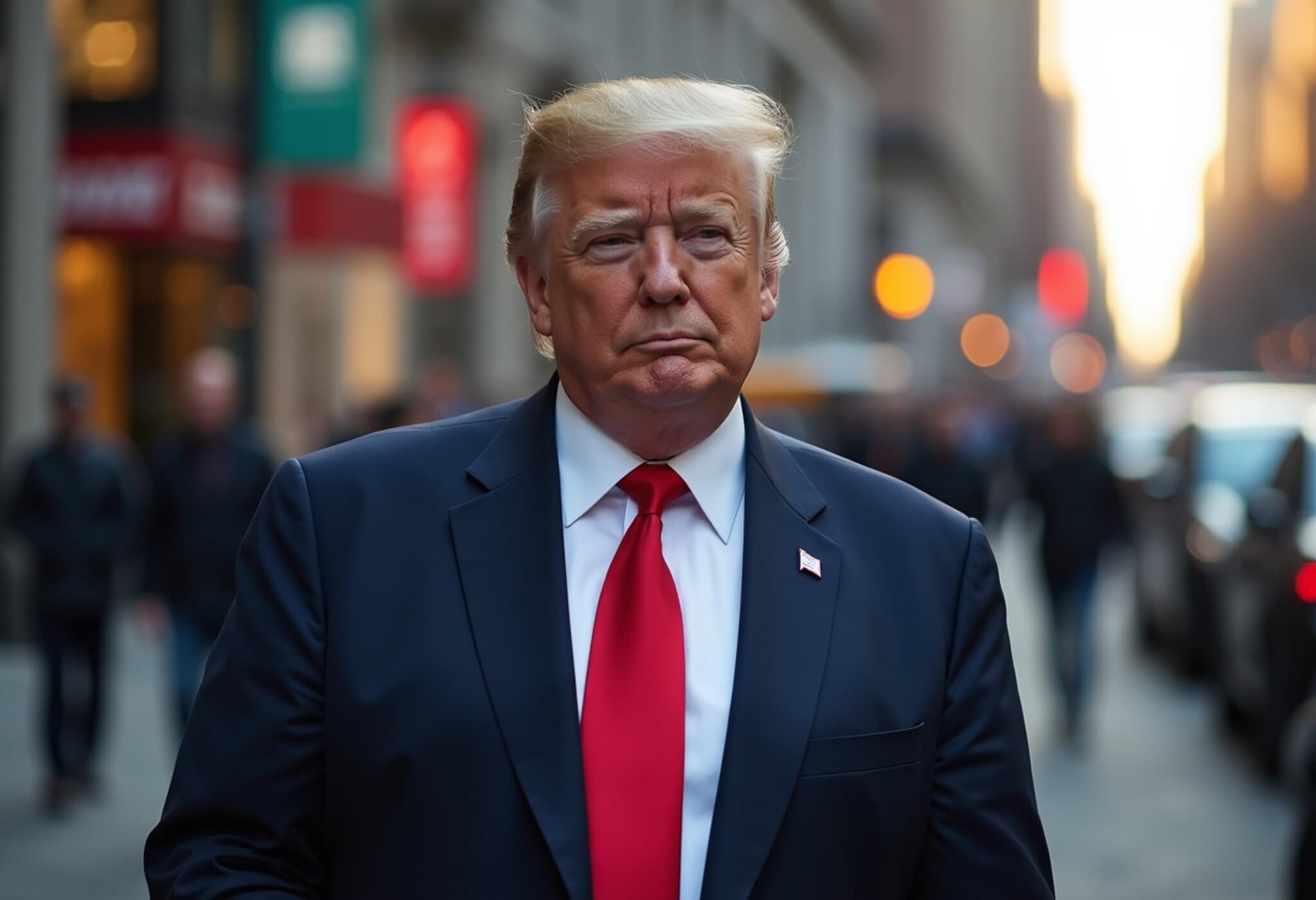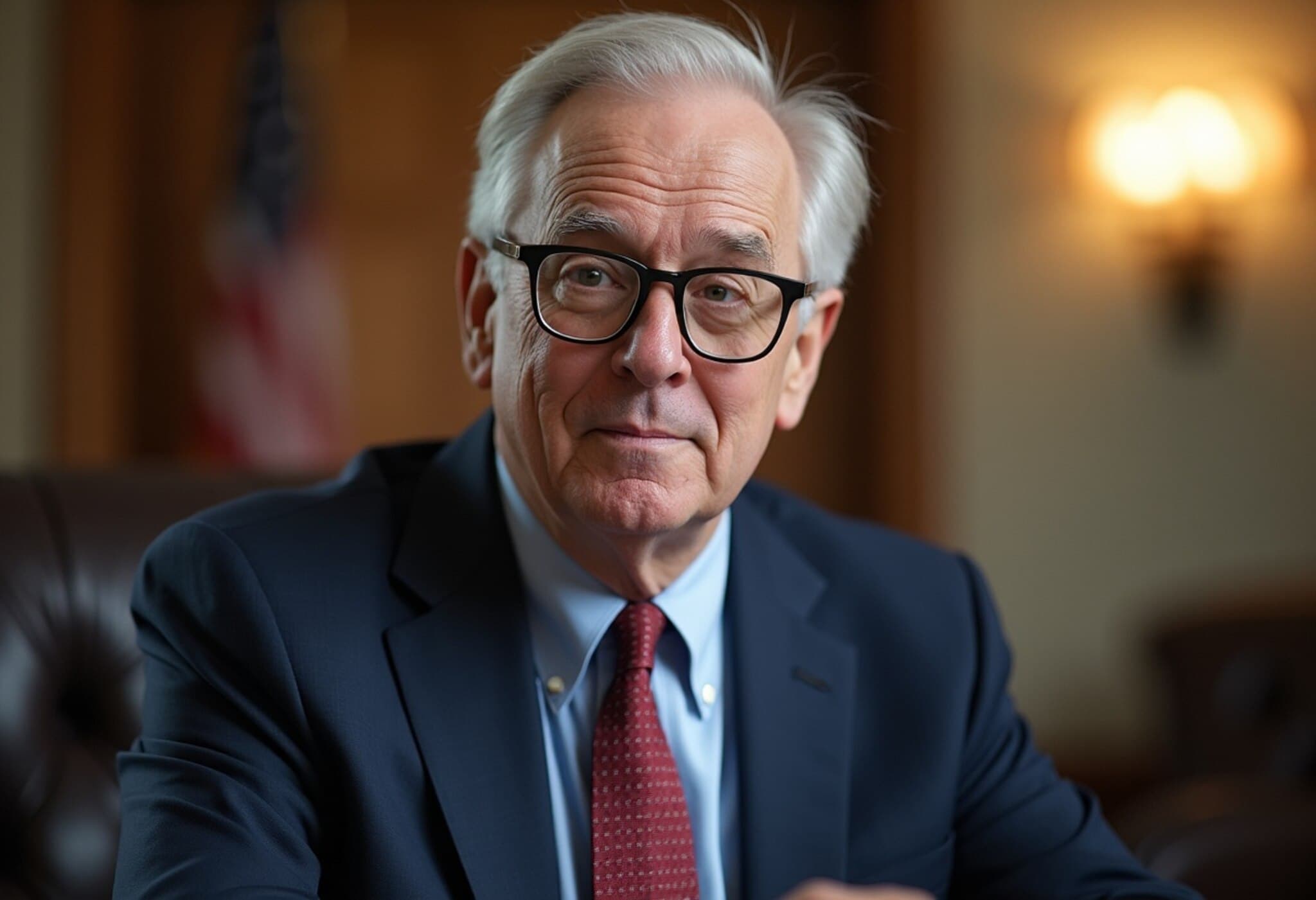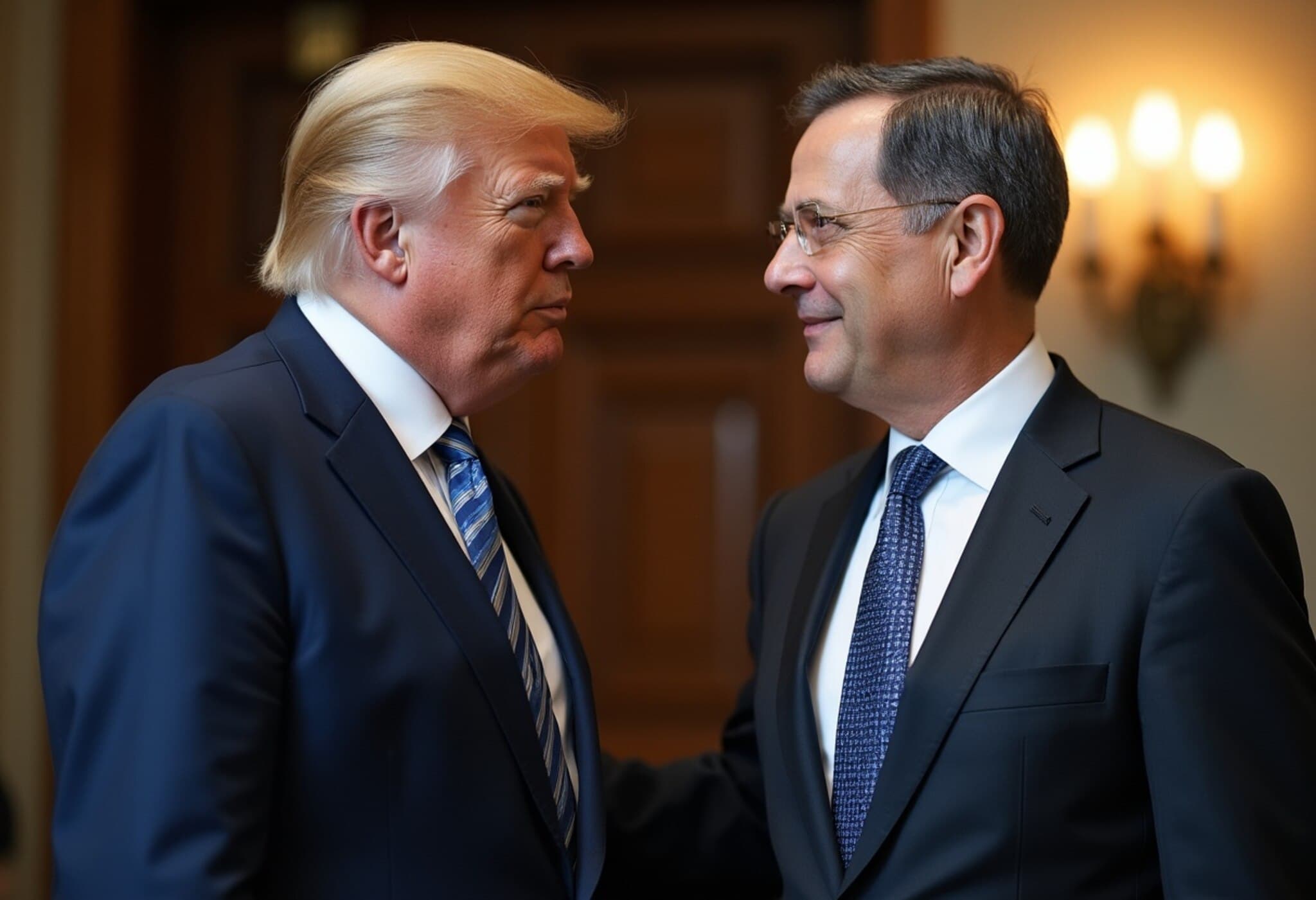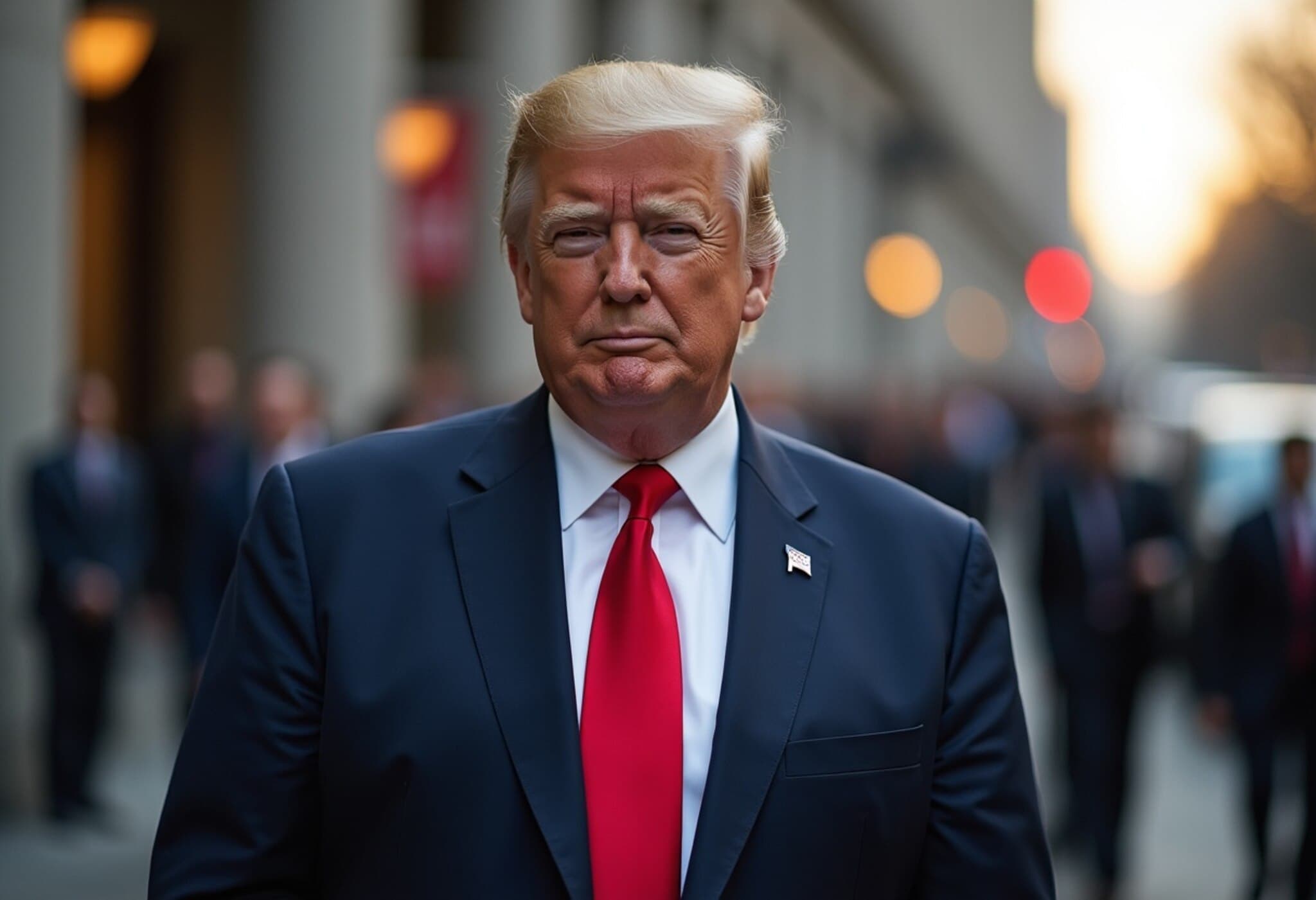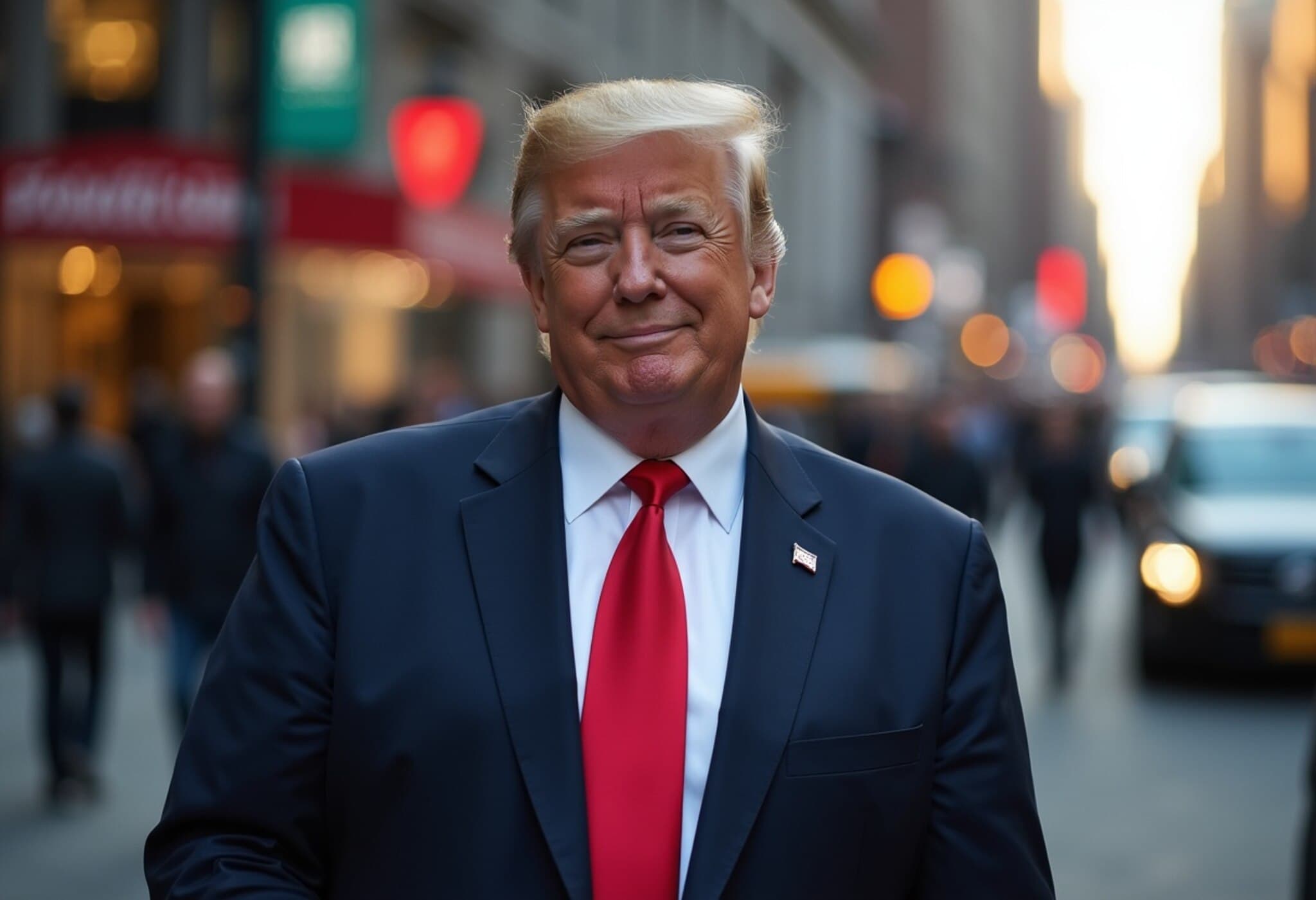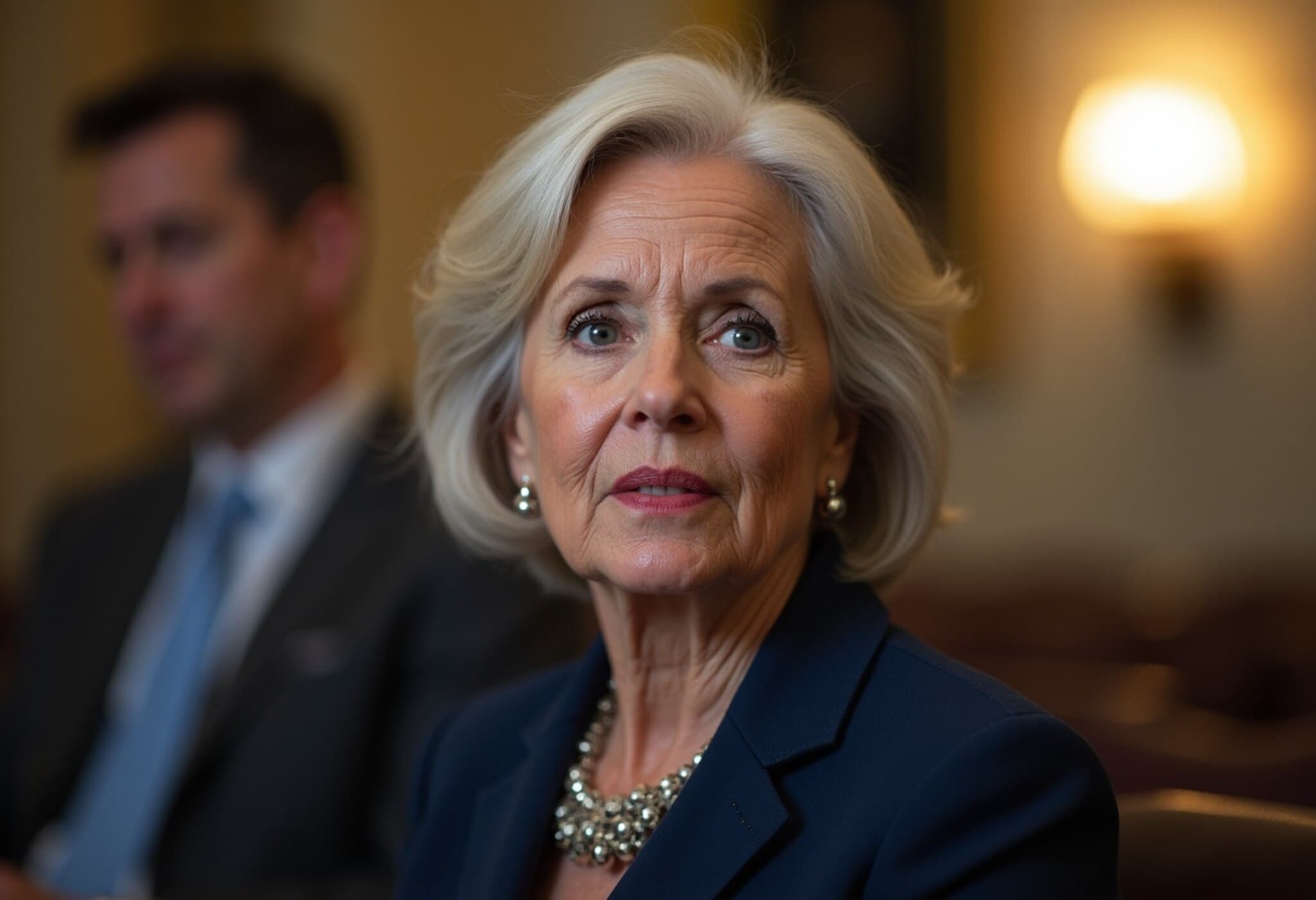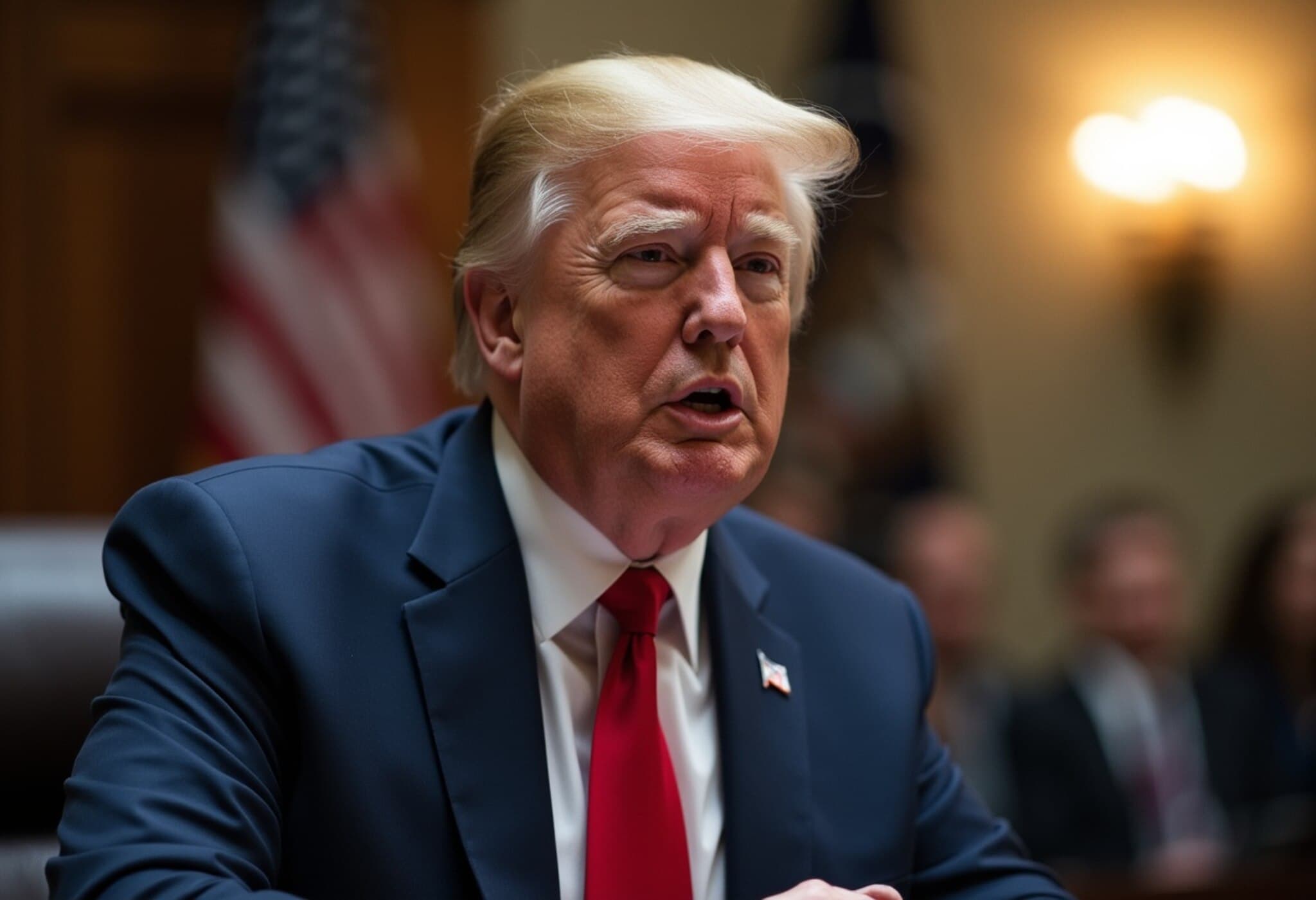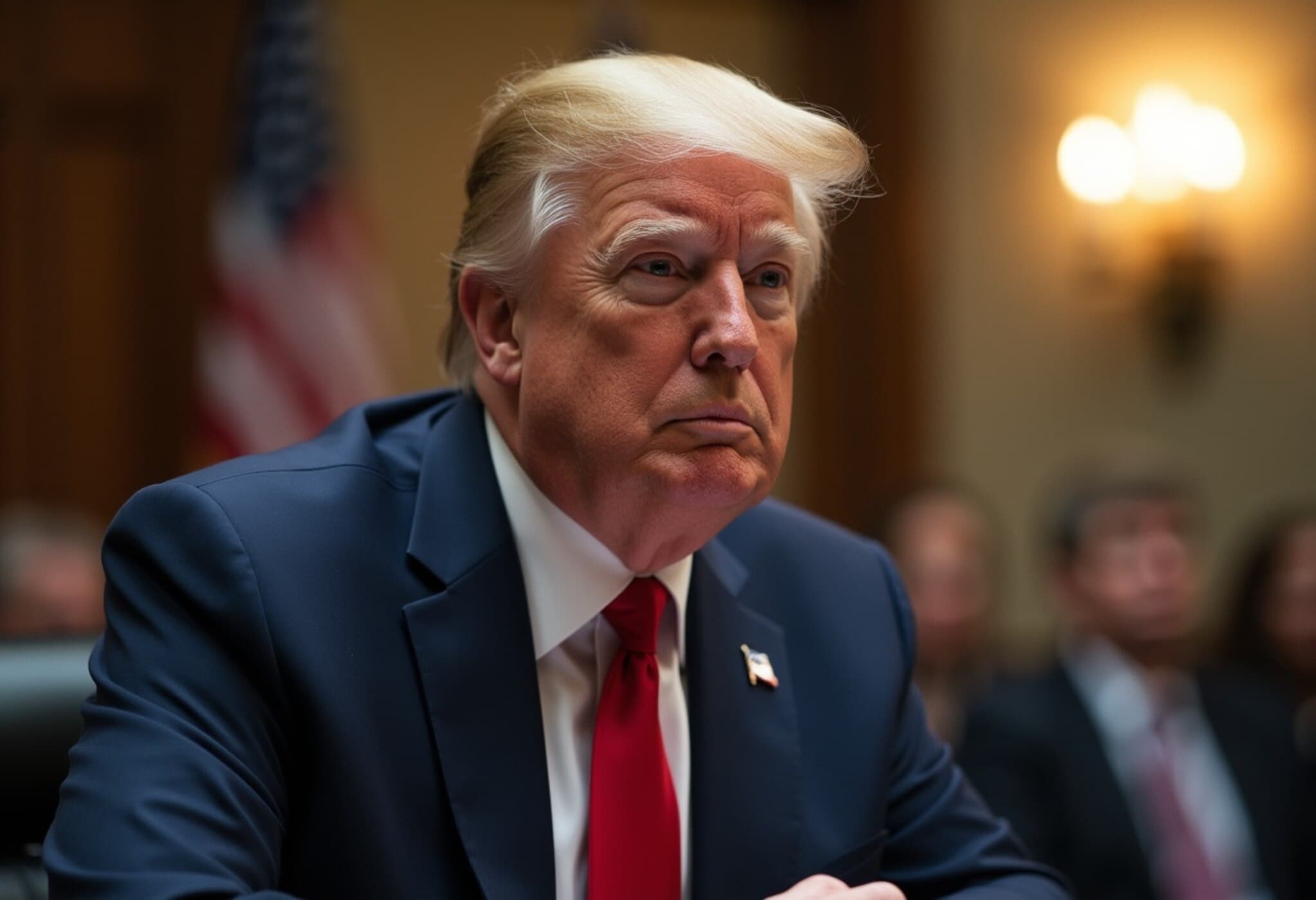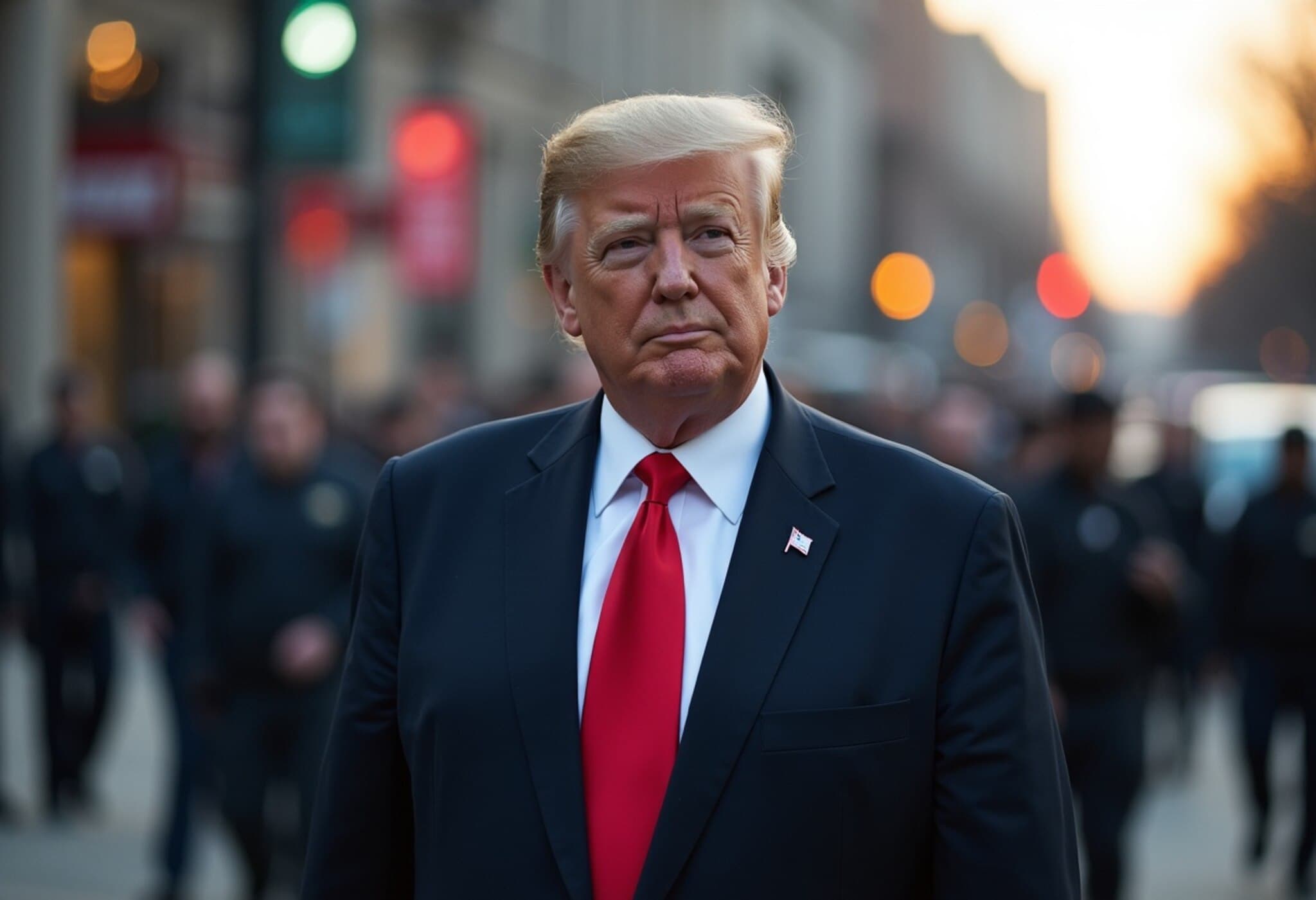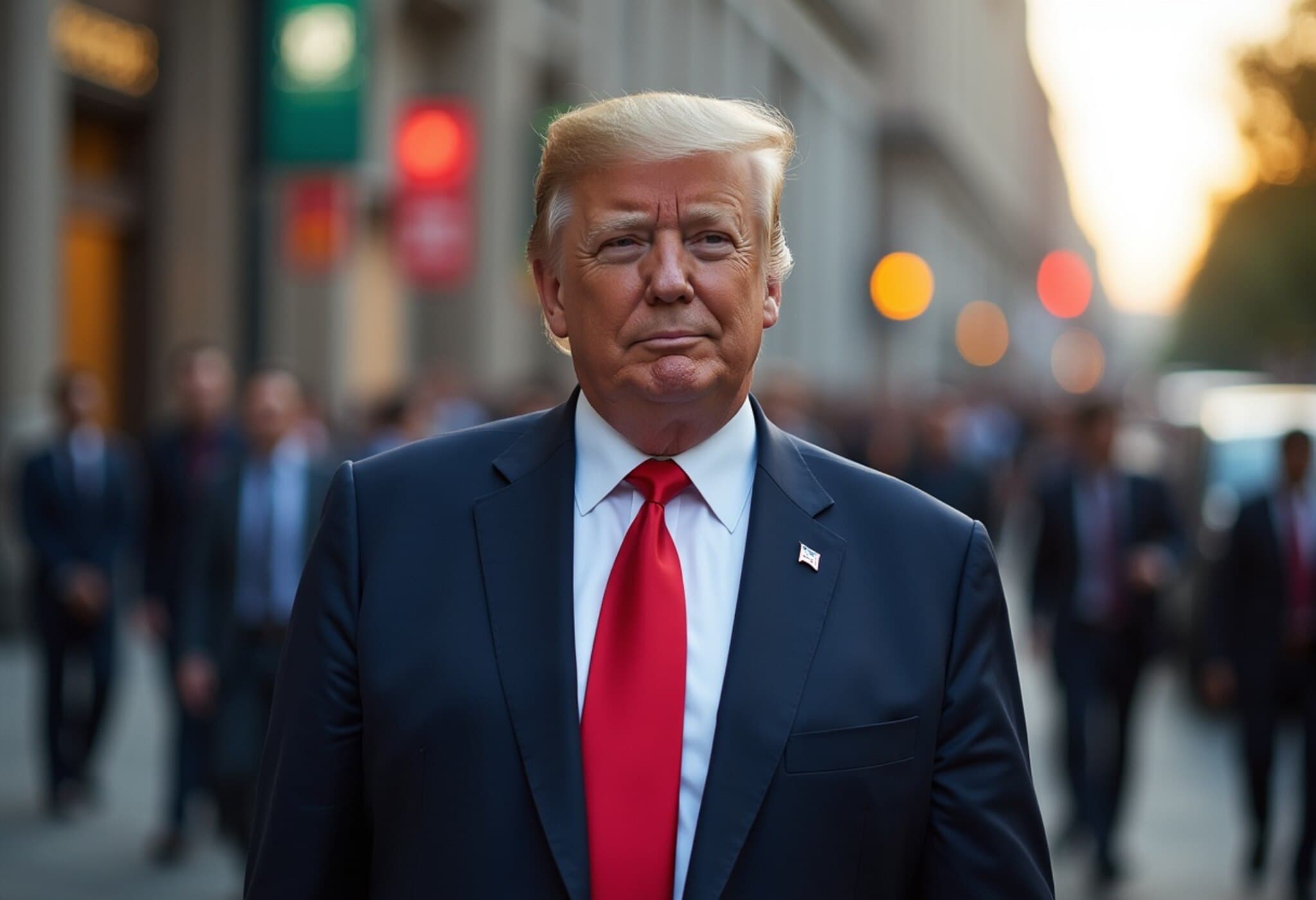Federal Reserve Board Contenders Dispute Inflation Link to Tariffs
In a noteworthy divergence from much mainstream economic opinion, two leading contenders for vacancies on the Federal Reserve Board, Stephen Miran and James Bullard, openly refuted the commonly held belief that President Donald Trump's tariff policies have fueled inflationary pressures. Their remarks, offered in exclusive interviews with CNBC on August 12, 2025, underscore a potential shift in how key economic policymakers may view the intersection of trade policy and price stability.
Context: Tariffs and Inflation - A Contentious Debate
Since tariffs surged under the Trump administration as part of a broader strategy to bolster American manufacturing and employment, economists across the spectrum have debated their inflationary consequences. Many experts outside the White House argue that these duties act as hidden taxes on consumers, pushing prices higher on imported goods and thereby contributing to a longer-term inflation trend.
However, Miran, who chairs the White House Council of Economic Advisers, pointedly challenged this narrative, saying: "There just still continues to be no evidence whatsoever of any tariff-induced inflation." He emphasized that the gloomy forecasts predicting price surges tied to tariffs have yet to materialize, painting a picture of a resilient economy that has absorbed these shocks more smoothly than anticipated.
James Bullard’s Perspective and Interest Rate Forecasts
James Bullard, former President of the Federal Reserve Bank of St. Louis and a contender to potentially replace Federal Reserve Chair Jerome Powell next year, echoed Miran’s skepticism. Bullard noted the latest economic data show only muted, one-time price level increases rather than a sustained inflation spike directly attributable to tariffs.
Looking ahead, Bullard anticipates the Federal Open Market Committee (FOMC) will initiate rate cuts starting September, potentially slashing the benchmark interest rate by a full percentage point over the next twelve months. This could bring the policy rate close to what he described as a "neutral" level—a rate neither stimulating nor restraining the economy.
He stated: "Tariffs don't cause inflation. Taxes don't cause inflation. What you see in the data are very muted effects that are one-time increases in the price level."
Balancing Fed Independence and Political Pressures
Both Miran and Bullard acknowledged ongoing tensions surrounding Federal Reserve independence, particularly under Trump’s outspoken criticism of Chair Powell for not reducing rates swiftly enough. Trump’s call for aggressive monetary easing—aiming for a 3 percentage point cut—has raised concerns about political interference in central banking decisions.
Bullard tactfully responded to Trump’s critiques, underscoring that while the president is "entitled to his views," such perspectives are common and the Fed's mandate requires a balanced approach. "If you don't want to hear that, this is probably the wrong job," Bullard quipped, illustrating the inherent challenges Fed officials face navigating political currents.
What This Means for Markets and Economic Policy
The stances of Miran and Bullard spotlight an emerging faction within economic leadership that leans toward decoupling tariffs from inflation worries—a viewpoint that could reassure markets anxious about persistent price pressures. Their outlook also aligns with a broader pro-growth agenda favored at the White House, reinforcing calls for lower interest rates to sustain economic momentum.
Financial markets will likely pay close attention to how these ideas influence Fed policy decisions, especially as inflation remains just above the central bank’s 2% target but below Wall Street forecasts, standing at 2.7% in July 2025.
Critical Questions Moving Forward
- Will the new Fed appointees shift monetary policy toward earlier or deeper rate cuts?
- How might de-emphasizing tariffs’ inflationary impact affect trade negotiations and industrial policy?
- Can the Fed maintain its independence amid political pressures calling for aggressive easing?
Editor’s Note
The evolving debate over tariffs and inflation encapsulates broader tensions at the heart of U.S. economic policymaking—balancing growth with price stability amid unprecedented political involvement. The perspectives from Miran and Bullard invite readers to reconsider conventional wisdom and appreciate the nuanced interplay between trade policy, monetary strategy, and political dynamics. As the Federal Reserve prepares for leadership transitions and potential rate cuts, the nation’s economic trajectory hangs in the balance, underscoring the vital importance of informed, independent policymaking grounded in data and realistic analysis.

